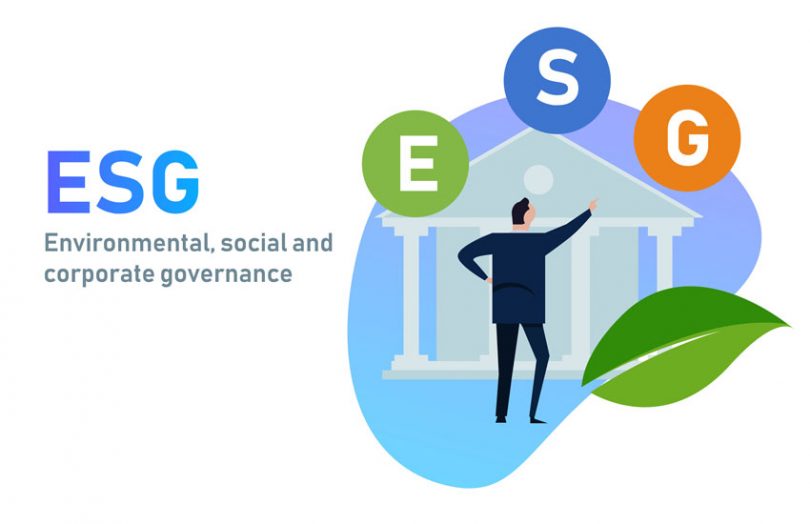Environmental, Social and Governance (ESG) responsibility and the positive societal impact that follows is going to play a big role in the future of blockchain in enterprise says Finboot CEO and co-founder Juan Miguel Pérez. The startup boasts oil giant Repsol as a client, which last year invested in the company in exchange for an 8% stake.
The blockchain as a service (BaaS) company, based in London and Barcelona, was founded in 2016 to provide a suite of blockchain applications simplified for end-users. Apart from energy, other industries targeted by the firm include chemical, automotive, consumer goods, health and travel.
Finboot’s conversation on ESG was sparked by the World Economic Forum (WEF) holding their annual meeting of 2020 under the theme of ‘Stakeholders for a Cohesive and Sustainable World‘. It’s a topic at the forefront of global interest in both the public and private sectors, so how can progress be made?
Pivotal to ESG in the future of enterprise is “ensuring companies can measure progress efficiently, accurately and securely, as this will help them prove that they have achieved what they set out to do, while holding them accountable for meeting their sustainability goals,” according to Finboot. Being able to present evidence of progress in metrics is how this can be done.
Blockchain and ESG
Repsol’s investment means Finboot now traces resources from the very beginning of the process in their supply chain, certifying their products’ compliance with regulations and its quality. The BaaS company says this could allow the tracking, recovery, and recycling of the energy giant’s products and tracking of the levels of primary and secondary raw materials used. The use of blockchain technology is not without its monetary benefits as Repsol previously estimated the tracking of their products could save them at least €400,000 ($445,000) per year.
In the renewable energy sector, strides are also being made. ACCIONA, a Spanish-based renewables company, recently announced its future use of platform ClimateTrade to leverage blockchain to transact carbon credits between generators and purchasers in a carbon offsetting mechanism.
Meanwhile, Water and Electricity Works Walenstadt (WEW), backed by the government in Switzerland, piloted a blockchain local electricity market where participants could buy or sell solar energy. The results were useful, pointing towards needed improvements in hardware for future implementation. However, the blockchain software was successful.
WEF’s own blockchain track and trace platform was launched last month to improve environmental sustainability. Initially, the project was joined by Asia Pacific Rayon (APR), EVRYTHNG and PlataformaVerde. Hosted by UN entity, the ITC, the application allows the public to access a bank of neutral data from multiple companies to see information on the origin of products.
The World Wide Fund for Nature (WWF) meanwhile has helped launch a similar blockchain platform for food production supply chains, OpenSC. Joined by Nestle, amongst others, the tracking platform aims to increase sustainable food sourcing and provide product traceability to consumers.
In the recycling sphere, Dell has partnered with VMware to implement tracking of recycled packing material, accessible by customers. With reciCHAIN being launched by BASF in Canada, the recycling of plastics is made easier by manufacturers stamping their products with digital badges that identify its polymers, giving waste collectors an easier job.
Blockchain platform Depopsy, launched by German association BIOTA, using distributed ledger technology and cryptocurrency, even allows the public to take a more active role in recycling. With this scheme, plastic waste collection for recycling is payable through vending machines and QR codes for small amounts.
The Tech
The complexities of tracing a global supply chain require software, and Finboot offers MARCO as their solution to the problem. The middleware integrates with multiple blockchains including Ethereum, HyperLedger Fabric, Quorum, or Cardano dependent on the clients’ needs, making it blockchain-agnostic. MARCO builds on these ledgers to provide authentication and corporate oversight systems.
Blockchain implementation for ESG purposes is gaining significant traction already, with many platforms being launched and tested in the last year, utilized by household names and big market players. Finboot expects “we shall see many more Blockchain applications over the course of 2020 that further demonstrate the valuable relationship that can exist between the two.”






